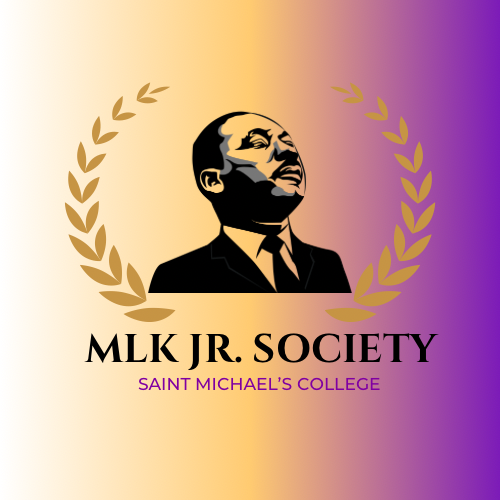History as career path major
Professor Purcell says history is a very job-friendly major

Jennifer Purcell, Saint Michael’s College professor of history
When students declare a history major, there is a general assumption that they are going to teach, said Saint Michael’s Professor of History Jen Purcell, who herself remembers feeling pulled to pursue a career in education when she started her undergraduate work. However, with recent studies highlighting the value of liberal arts education, increasingly attuned employers, and a wide range of history major graduate outcomes, the automatic link between history and teaching is being displaced.
“A lot of what you learn at a liberal arts college are skills: the ability to communicate both written and orally, the ability to stand up in front of people and give a presentation, the ability to listen and reflect on what you’ve heard and write a paper,” said Purcell, reflecting that effective communication skills are transmittable and critical to success in any professional environment.
Beyond the blanket liberal arts model, history majors are taught how to critically analyze and reflect on content they are given, taking bias, audience, and context into consideration. “In our world today, there is bias all around us: in the news, in professors, among our friends. Being critically engaged is what the history major is all about,” said Purcell.
Saint Michael’s history majors have gone on to become lawyers, admissions counselors, teachers of all levels, librarians, archivists, publishers, and game wardens. Finding employment in the financial field has also been a theme for former students such as Chief Revenue Officer at Returnly Greg Lazarus ’08, who says that he owes much of his success to both Toni Messuri in the College’s Academic Support office and to the St. Mike’s History Department. Purcell attributes the link between finance and history to the analytical skills that she and her colleagues work to develop in their students.
History majors are encouraged to utilize the many locally offered internship opportunities, allowing them to apply their learning and explore possible career paths through hands-on experiences. Recent internships have brought students to the Shelburne Museum (archives, material culture, curation, and education), Vermont Historical Society, Ethan Allen Homestead, Vermont Air National Guard Museum, and Saint Michael’s Library Archives.
“Employers look more and more at the degree itself and less at the major: it’s not that it is history; it’s not only about the applicant being able to communicate effectively, but it’s also about them being capable of learning and acquiring new skills,” said Purcell, explaining that companies often value candidates they know they can teach over ones with a specific set of skills. Few things testify to a person’s ability to learn as well as a liberal arts degree.
“If you love history, do the history major; you gain the skills, and from there you can do whatever you’d like to do.”






